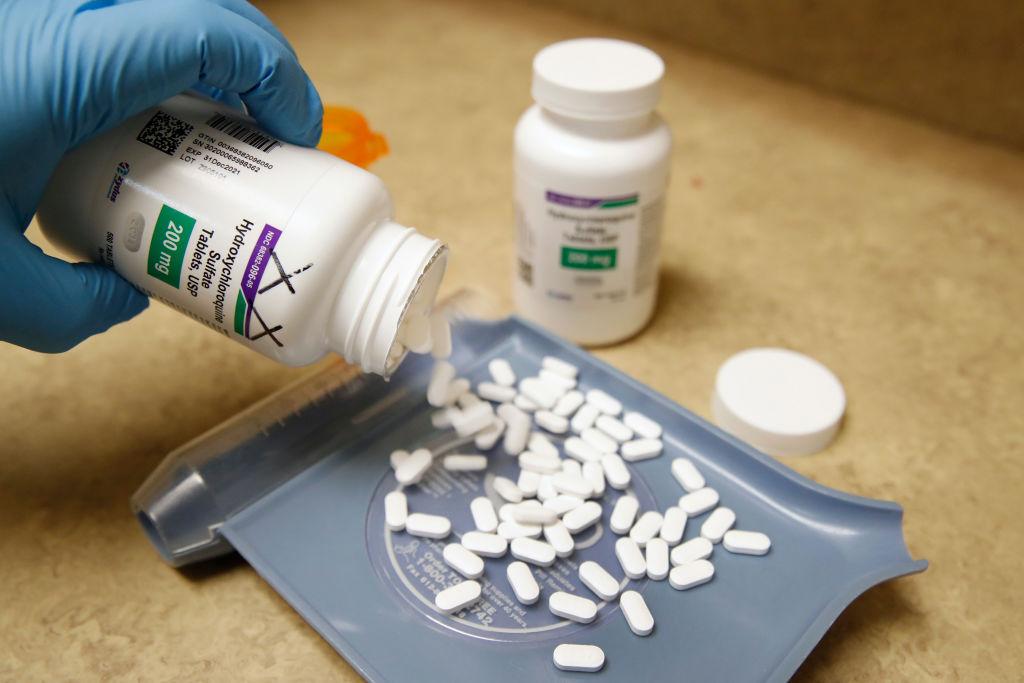A new study has found that the use of weight-adjusted hydroxychloroquine (HCQ) and azithromycin (AZM) improved the survival of ventilated COVID-19 patients by nearly 200 percent.
The observational study, which hasn’t yet been peer-reviewed, was based on a re-analysis of 255 patients on invasive mechanical ventilation (IMV) during the first two months of the pandemic in the United States.





